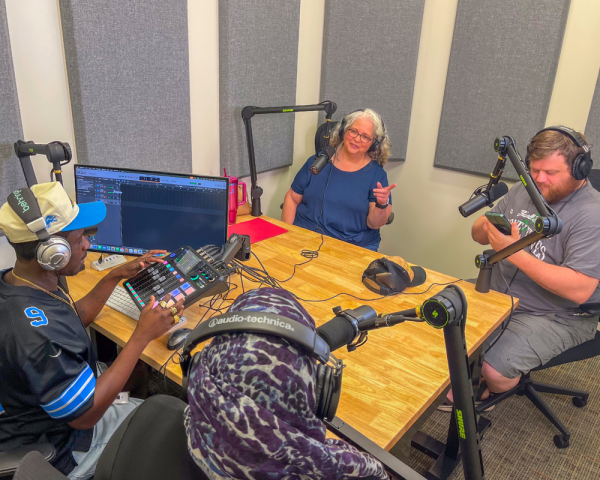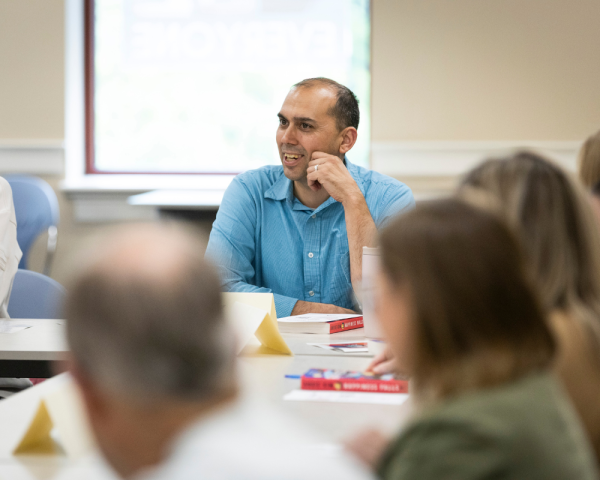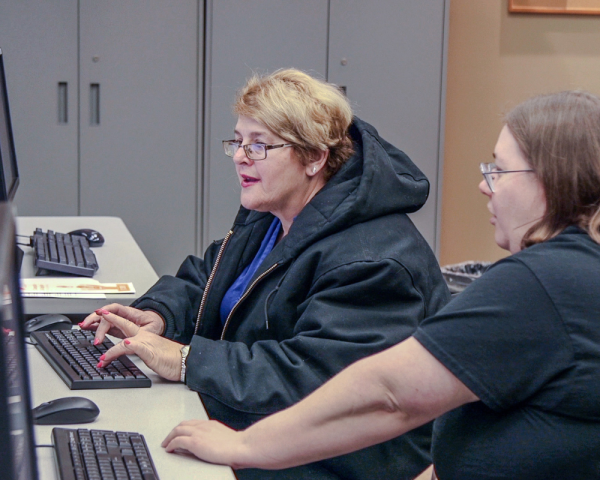

Website Search
Not an artist? Not a problem! We'll provide the art supplies; you provide the creativity during this open art program. Recommend for 5-12 years old, dress for mess please.
Practice your English speaking skills in a group meeting every week. In this casual class we will practice & improve your English. Intermediate English listening comprehension, reading practice & conversation with an emphasis on cultural topics. For adults. Registration is not required. FALL CLASSES BEGIN AUGUST 11.
Join us for an exciting introduction to Dungeons & Dragons and other roleplaying games! Whether you are a beginner or an experienced player, come learn and connect with a like-minded community. We will guide you through the basics and provide you with resources to keep the fun going. Come and discover a world of adventure! For teens & up.


















